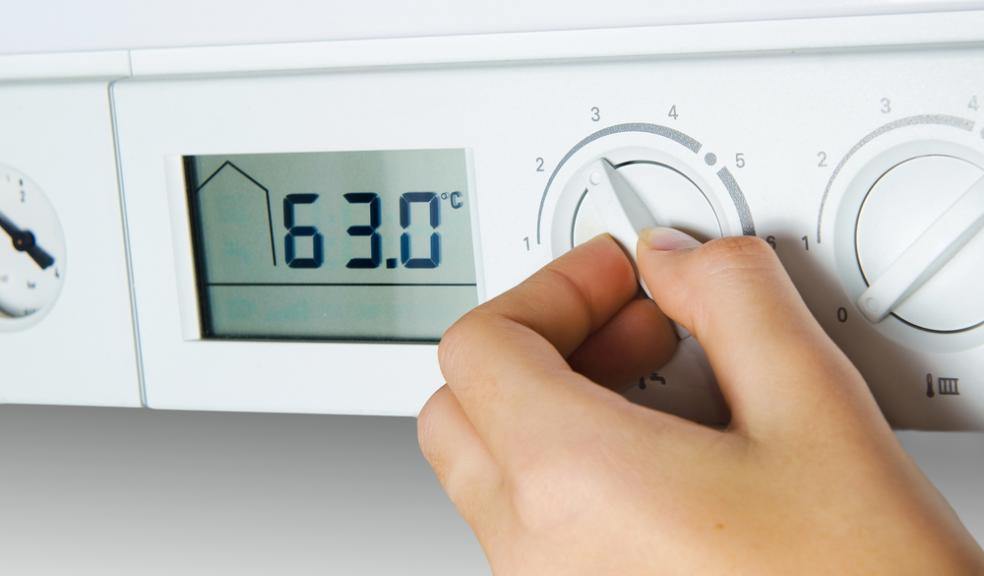
"Cut the Big Six energy companies down to size, George" says consumer champion
As the bosses of the UK's six biggest energy companies are called in front of the Energy and Climate Change Committee (ECCC), to justify recent price rises; the consumer champion Which? has launched a campaign to persuade the Chancellor of the Exchequer to take action on rising energy bills in his Autumn Statement.
Which? said: "With almost eight in ten people worried about rising energy costs and the suppliers being hauled in front of the Select Committee to justify price hikes, we call on the Chancellor to stand up for consumers when he stands up in the House of Commons to deliver this year’s Autumn Statement on the 4th December."
Which? says it "believes that the Chancellor can make a real difference," and is calling on George Osborne to "cut the 'Big Six' energy suppliers down to size" to get more competition into the energy market by:
- "Committing to separating energy generation from supply: wholesale costs are the biggest part of the eye-watering rises to energy bills that people have faced over the last ten years. The wholesale market must be made more competitive to help keep prices in check."
- "Ending the blank cheque for suppliers’ delivery of the Energy Companies Obligation (ECO): suppliers must be held to account for their costs, as we estimate nearly £200m a year could be saved if they delivered more efficiently."
A Which? spokesperson said: "The Government has said it is reviewing how green and social policies could be ‘rolled back’ ahead of the Autumn statement, so we are also calling on the Chancellor to cut the cost of Government energy policies that we can’t afford and control the costs being added to consumers’ bills, while helping the same number of households as last year to make their homes better insulated."
Which? argues that the Government could also cut the cost of its energy policies by:
- "Re-targeting the Energy Company Obligation (ECO): too much is focussed on expensive measures. If the Carbon Savings Obligation prioritised low cost measures instead, it could save between £242m-£363m a year, help at least the same number of households and still meet its carbon targets."
- "Scrapping the carbon floor price: it is an unnecessary burden on consumers that does nothing to incentivise low carbon energy production and increases wholesale costs. This would take in the region of £1 billion off bills next year."
- "Halting the smart meter roll out: it is a £12bn luxury we cannot currently afford. We should pause for two years, put a cap on the costs and decide how to make the roll out as cost effective as possible. This would save almost £80m a year for two years."
- "Taking the Warm Home Discount off consumers’ bills: this could cut bills by over £290m a year."
"These measures could potentially save consumers up to £1.8 billion per year," the consumer champion said.
"Last week four in ten people told us they can’t reduce energy use any further as they have already cut down as much as they can. In addition three in ten say they don’t know how they will heat their homes this winter."
Which? executive director Richard Lloyd said:
“Consumers have been left reeling by the recent round of inflation busting price hikes. People need help to cope with the rising cost of their energy bills – and they need it now.
“When George Osborne stands up to deliver his Autumn Statement we want him to stand up for the millions of hard-pressed consumers who are grappling day-to-day with rising energy costs. He must cut the Big Six companies and the cost of Government energy policies down to size.”
So far, four of the six big energy suppliers - SSE, British Gas, RWE npower and ScottishPower - have announced price rises averaging 9.1% this autumn.
Responding to the Which? statement, a government spokesperson said:
“We welcome this contribution to the debate, and agree that stronger competition is the key to tackling energy bills. The government is working hard to help people with their rising energy bills by improving competition, making the nation’s homes cheaper to heat and providing targeted help for the most vulnerable.
“The Energy Company Obligation helps people to save energy and money on their bills, through prompting energy companies to green-proof their customers’ homes.
“Having warmer and more energy efficient homes, as a result of the Energy Company Obligation, will result in lower energy use, and by default lower energy bills.”
Meanwhile, Labour, who have said they will freeze energy prices for 20 months if elected, has turned its attacks directly on the energy companies. Caroline Flint MP, Labour’s Energy and Climate Change Secretary, commenting ahead of the Energy and Climate Change select committee’s evidence session on energy prices with the energy companies on Tuesday 29 October, said:
“The energy companies must come clean about why they are imposing yet another round of inflation-busting price rises this winter, when they are already making huge profits. The latest revelations about rising profits and the growing gap between wholesale costs and household energy bills highlight why answers are needed.
“Britain’s energy market isn’t working for ordinary families and businesses. Labour’s price freeze will save money for 27 million households and 2.4 million businesses and our plans to reset the market will deliver fairer prices in the future.”
http://www.which.co.uk/campaigns/energy-prices/#?intcmp=HP.hero.large.1....











